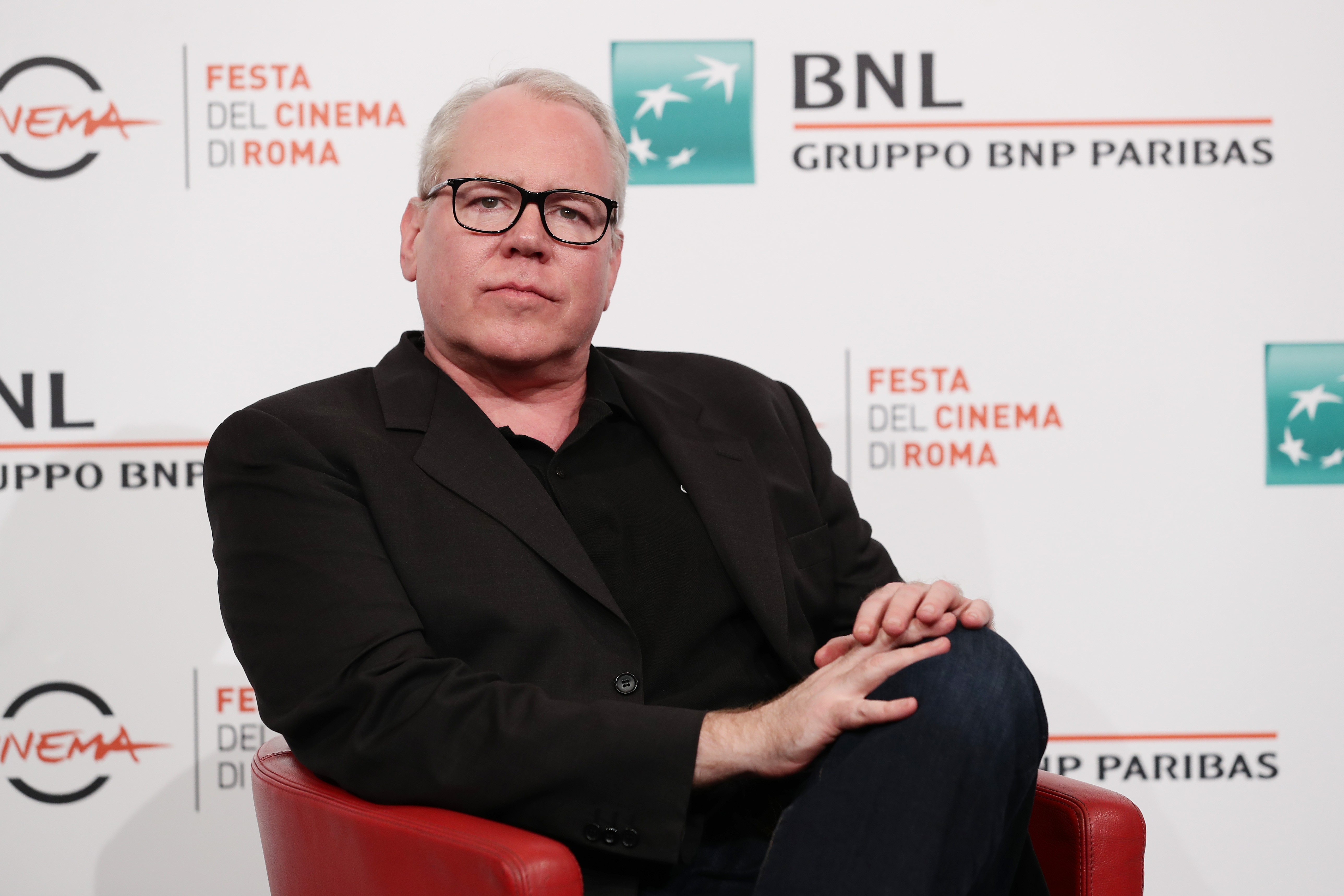In a recent, brilliant NY Times review of Bret Easton Ellis’ latest book ‘White’, Times culture writer Bari Weiss defines Ellis as the “intellectual gadfly”. She continues:
Yet he refuses to own the role he has chosen. “I was never good at realizing what might offend someone anyway,” he writes. And you want to throw the book across the room because you know that the very reason it was written was to offend.
From “Bret Easton Ellis takes on Generation Wuss” by Bari Weiss, in the NY Times, dated April 17th 2019
This move — starting a fire and then feigning surprise when people accuse you of being an arsonist — is like a boxer slipping to avoid the counterpunch. It’s particularly grating when plenty of others — more driven, more disciplined, more principled — are in the ring. If Ellis wants in, he would do well to follow his own advice: “It was time for everyone to pull on their big boy pants, have a stiff drink at the bar and start having true conversations, because ultimately we shared only one country.”
He was, is and will always be the writer we love to hate. Or is it really that we hate to love… Either way, I remember in the mid-80s when ‘Less Than Zero’ was published, feeling very envious of this young man, still in college as I was, who had his first novel published and then turned into a movie.
Fast forward all these years and when I heard his name mentioned during the introduction press conference of the Rome Film Festival, I nearly jumped out of my skin. I couldn’t wait to hear what he had to say about things these days. I mean I follow him on Twitter and calling the man outspoken is an understatement. In recent days, he took on two of the hottest films — ‘Joker’ and ‘Judy’ — this way:
He also calls millennials “Generation Wuss” because in his opinion, they are incensed at everything, want to cancel anyone who disagrees with their opinionated views, and will cut off friendship for a difference in political opinions.
So, while in Rome, here are some of the highlights of what Ellis had to say.
Why ‘White’?
About the title of his latest book, Ellis said, “it shouldn’t be controversial. If it is then I did my job.” He was inspired by Joan Didion, one of his favorite writers, he admitted “who wrote this collection called ‘The White Album’.” When he sent his first drafts to this publisher, he used a mock name, what he called “a jokey title, which was ‘White Privileged Male’. I though it was kind of funny and ironic. My editor thought it was too jokey and said, lets just call it ‘White’. After all, you are asking people to calm down, not color everything. Think white.”
Why did he pick 70’s cinema for his encounter with the public?
About his choice, Ellis dismissively admitted “I have a podcast and I was planning my podcast and Antonio [Monda, Artistic Director of Rome FF] has asked me to do this for four years and I always say no. I wanted to do it but it was never the right time. And the week that he asked me to choose movies I was planning a podcast episode of ‘Apocalypse Now’ and Ridley Scott’s ‘Alien’. I was thinking about the 70’s but the list could have been the different at any other time. ” Yet the American author also admitted “I came of age in the midst of this great American movement where the European influences had affected young directors — New Hollywood. It was very exciting to be a teenager in that era.” His encounter turned out utterly illuminating because Ellis possesses a knowledge of cinema in general that is awe inspiring.
Which are Ellis’ favorite books?
He quickly answered “Flaubert’s ‘Sentimental Education’ along with certainly Tolstoy are among my favorites. But then there is ‘Fifty Shades of Grey’ which I didn’t like very much but yet when I read it I thought of a movie. A very good movie.”
Ellis’ thoughts on social media?
Well, when it came to the subject of social media, Ellis spoke a lot and even tackled the recent Scorsese and Francis Ford Coppola controversy about Marvel films. “There is now a wave of haters that liquidate Coppola as an old geezer. ‘White’ also talks about social media and the hate that has grown on them — that is how they go.” He continued, “everyone is mistreated on social media. that’s what it is for. No one is every told how great they are on SM, everyone it told how bad they are. Coppola’s films were made 40 years ago and of course he’s not going to like the Marvel movies. His dreams of Zoetrope in this world of capitalism… He thought the two could co-exist, art and capitalism. That this could be the new world cinema. He still has dreams of that.”
And how does he feel about Marvel films himself?
Ellis had quite a lot to say about the Marvel-ization of movies. He started by saying, “Marvel movies are dreams too. There is something very snobbish in putting down Marvel movies. There is a reason they are so popular. People like them and I don’t think the audience is ever wrong. You can make a movie that is a wonderful experience and no one will ever see it. Personally I don’t respond to them [Marvel films] they seem corporate to me and very conservative.” He explained further, “these films are all about rich people and billionaires and it’s not a very democratic world — and yet globally they make a big impression on people.”
The bottom line, straight from Ellis’ mouth?
He shut down the conversation by saying something which I felt was an idea that really needs to be listened to and understood. He talked about one studio having a monopoly on cinema, feeding us what we watch as entertainment. “We basically have one studio running the show — Disney — which runs all the other studios and they are running the show. The future of American cinema sits on that and there is something about it that is a little scary.” Scary indeed.
The Rome Film Festival runs through October 27th in the Eternal City.


